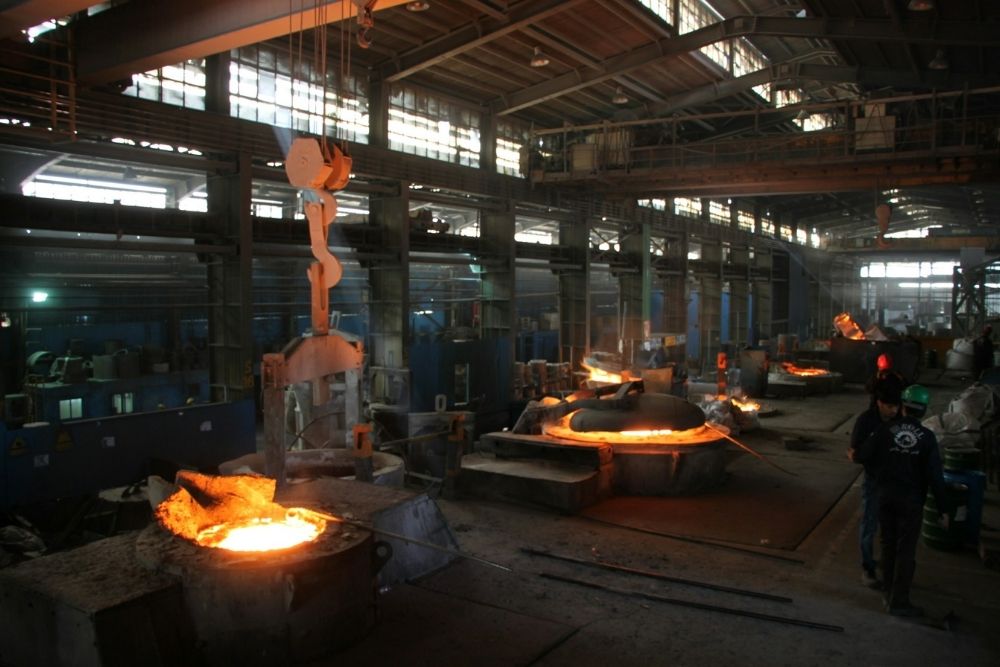Saudi Arabia considers China’s proposal to build nuclear plant
- August 25, 2023
- Posted by: Quatro Strategies
- Categories: Business & Politics, China, Middle East
Saudi Arabia is reportedly considering a bid from China National Nuclear Corp (CNNC) to construct a nuclear power plant in the country’s Eastern Province. This potential move could have significant implications for the geopolitical landscape, especially considering the broader context of US-Saudi relations, nuclear cooperation, and regional power dynamics.
The bid by CNNC comes at a time when Saudi Arabia is exploring options for its nuclear energy program. The kingdom has previously shown interest in developing a civilian nuclear program, and it has been in discussions with various countries, including the United States and South Korea, about potential partnerships. The decision to consider a Chinese bid indicates that Saudi Arabia is willing to diversify its options beyond traditional partners.
One of the key factors that could complicate the situation is the US stance on nuclear cooperation. Historically, the US has been open to sharing nuclear technology with countries for civilian purposes, but with stringent non-proliferation measures in place. These measures aim to prevent the diversion of nuclear technology for military purposes, such as nuclear weapon development. If Saudi Arabia were to pursue nuclear cooperation with China, it might allow the kingdom to avoid some of the non-proliferation requirements that the US typically imposes. This, in turn, could raise concerns about nuclear proliferation in the region.
The geopolitical implications of this potential deal are substantial. Saudi Arabia has long maintained a close relationship with the United States, particularly in terms of security cooperation. However, recent developments in the region, including the Abraham Accords and the resumption of ties between Saudi Arabia and Iran facilitated by China, have shifted the dynamics. China has been actively expanding its influence in the Middle East, both economically and diplomatically, and the potential nuclear cooperation could further cement China’s role as a significant player in the region.
This move could also have implications for Israel, which has historically expressed concerns about nuclear proliferation in the region. Israel’s energy minister has already voiced opposition to Saudi Arabia developing a civilian nuclear program without adequate safeguards in place. Given the geopolitical complexities of the region and Israel’s concerns, any expansion of nuclear energy capabilities in the Middle East could potentially lead to increased regional tensions.
Saudi Arabia’s consideration of a Chinese bid for a nuclear power plant represents a significant development in the Middle East’s geopolitical landscape. It underscores the kingdom’s desire to diversify its partnerships and reduce dependency on traditional allies. The potential deal also raises questions about nuclear proliferation, regional security, and the evolving power dynamics in the Middle East. The outcome of this bid will likely impact the region’s stability, security arrangements, and global energy dynamics.
Interested in learning more?
Sign up for Top Insights Today

Top Insights Today delivers the latest insights straight to your inbox.
You will get daily industry insights on
Oil & Gas, Rare Earths & Commodities, Mining & Metals, EVs & Battery Technology, ESG & Renewable Energy, AI & Semiconductors, Aerospace & Defense, Sanctions & Regulation, Business & Politics.


